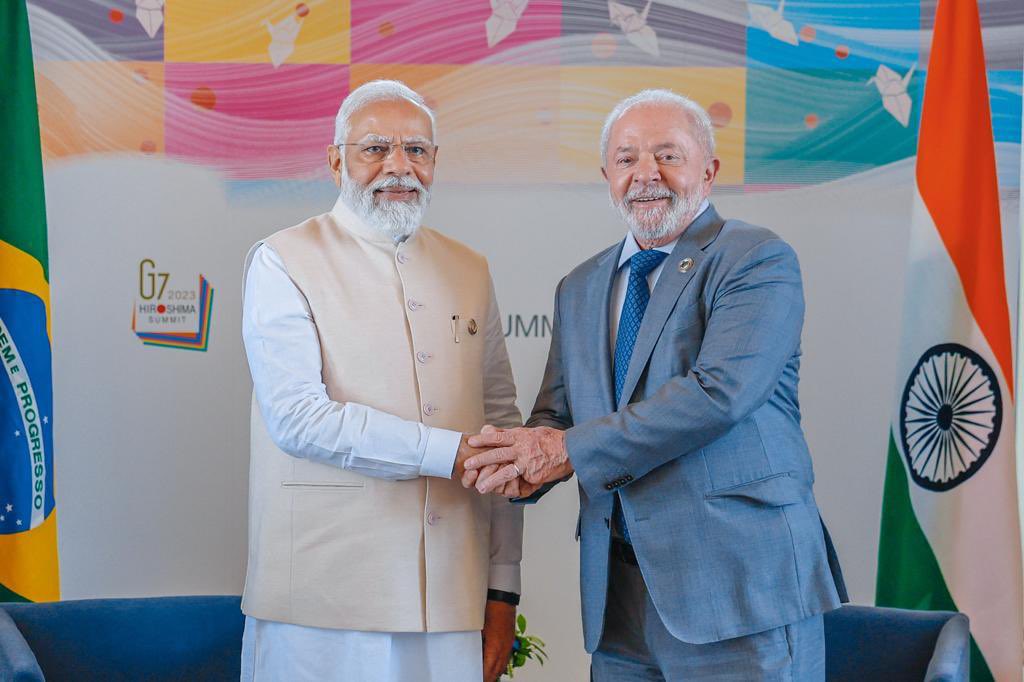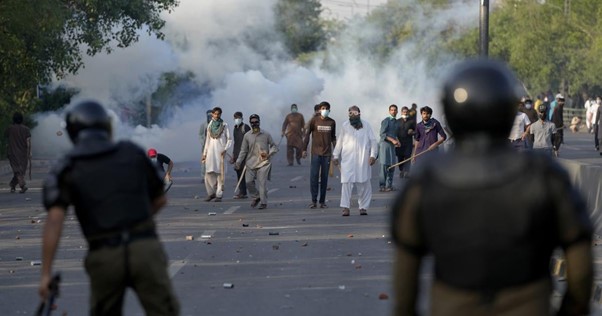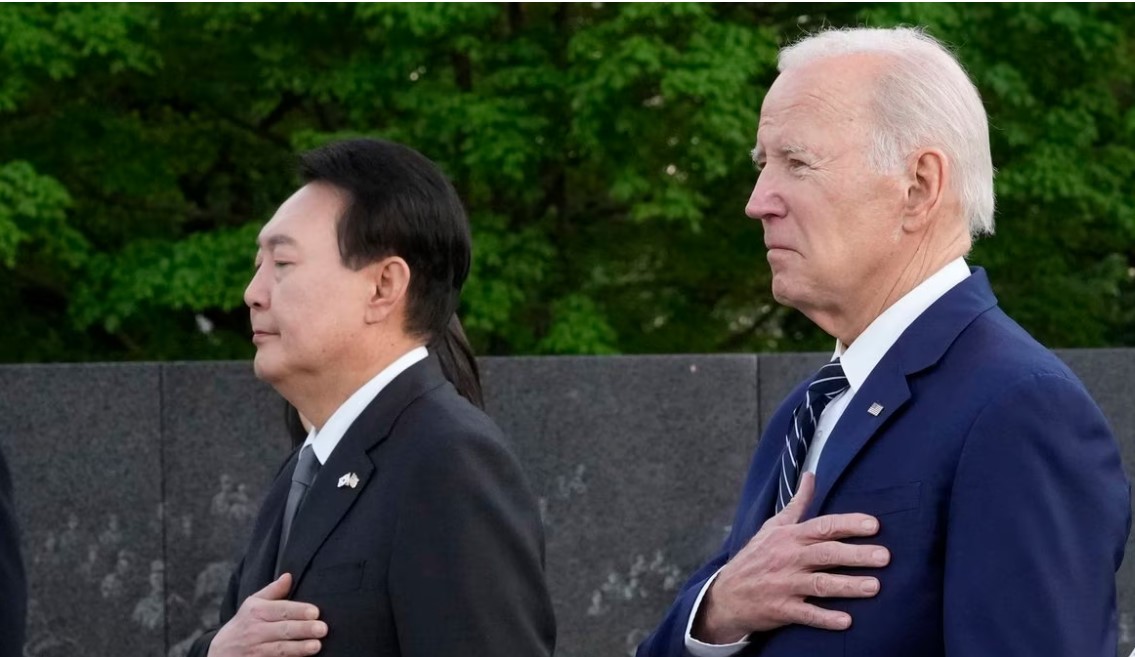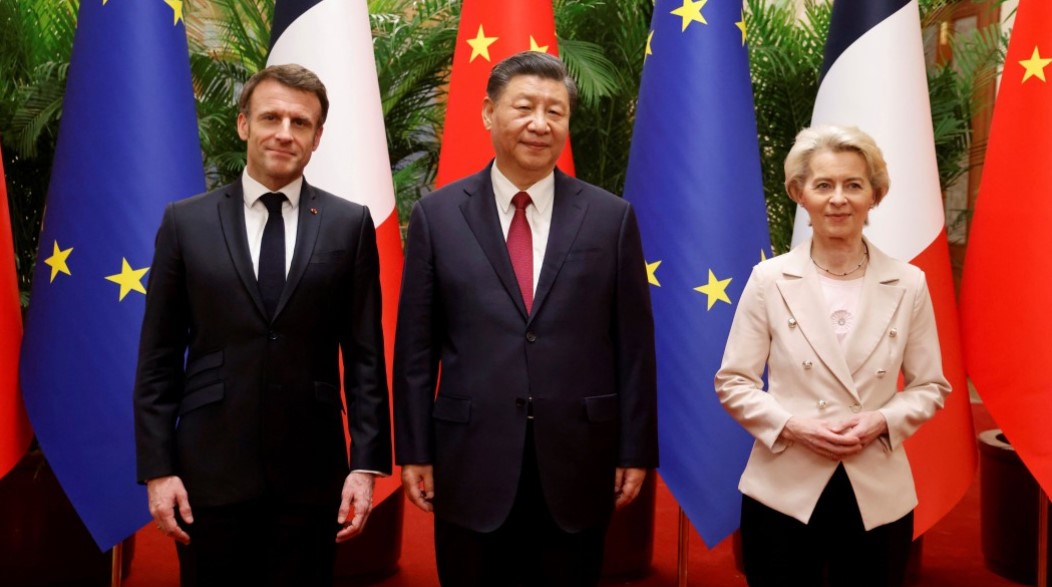The Quad Needs to Bring in Security and Economic Aspects if it Wants to Sustain Itself in the Coming Years
Mon, 11 Jul 2022 | Reading Time: 4 minutes
Quadrilateral Security Dialogue (QSD) or Quad is a four-member grouping between Australia, India, Japan and the USA. The main agenda of the alliance is to counter China’s growing influence in the Indo-Pacific region, both militarily and diplomatically.
Many commentators believe the grouping was forged during the 2004 Indian Ocean Tsunami. While the first formal dialogue was initiated by then-Japanese PM Shinzo Abe in 2007 the grouping has seen several ups and downs. Australia in 2008 under Kevin Rudd’s tenure as PM walked out of the grouping in order to appease China. In 2017, Quad leaders met on the sidelines of the ASEAN summit in Manila and since then the Quad has made demonstrable progress.
The group has also survived the leadership change in the USA, Japan and Australia. It has also overcome contradicting views on the Russia-Ukraine war, US withdrawal from Afghanistan and the military coup in Myanmar.
The group has collaborated on issues ranging from Covid-19 response and global health security, climate change, emerging technology, cybersecurity, space, infrastructure, humanitarian assistance, and disaster relief.
At the recently held summit in Tokyo, Japan several new initiatives were launched. Indo-Pacific Economic Framework (IPEF), Indo-Pacific Partnership for Maritime Domain Awareness (IPMDA), the Quad Fellowship program, the Quad Vaccine Partnership, Coalition for Disaster Resilient Infrastructure (CDRI), Critical and Emerging Technologies Working Group, the Quad Cybersecurity Partnership, Computer Emergency Response Teams (CERT), Quad Infrastructure Coordination Group and Quad Humanitarian and Disaster Relief Mechanism to name a few.
Despite progress made on several issues, the grouping is yet to deliver on its security goals. It has so far collaborated on non-security issues. To remain relevant in the long run Quad has to bring the security and trade dimension under its umbrella.
The Russian invasion of Ukraine has also made Quad much more relevant. Several Southeast Asian countries such as Taiwan, the Philippines and Vietnam are looking toward the Quad for providing a security umbrella against unilateral expansionist policies adopted by China. Be it amassing thousands of troops along LAC in Eastern Ladakh or unsettled borders in Arunachal Pradesh (which China considers part of Southern Tibet) or the Doklam standoff in 2017, India has faced several military tensions in past. Japan has also a territorial dispute with China over Senkaku Island in the East China Sea. China recently signed a security pact with Solomon Island, which experts believe may lead to military deployment in the South Pacific. All these actions must make the members realise that the grouping would be of no significance until a military edge is added to it.
China’s economy grew from $1.2 trillion in 2000 to $17.7 trillion in 2021. Some reports suggest China would overtake USA’s GDP by 2030. China’s per capita income rose from $950 in 2000 to $10,500 in 2021. Its defence budget was $22.93 billion in 2000 which subsequently rose to $293 billion in 2021. People’s Liberation Army Navy (PLAN) currently operates 355 front-line warships, more than that of the US Navy (USN), which operates 305. While PLAN aims to add another 70 warships by 2030, the USN might just add 42.
While the USN may not be able to counter PLAN single-handedly considering the rapid pace at which maritime vessels are being launched by China, the Quad grouping may come together to act as a deterrent.
Indian Navy with a fleet strength of 150 warships and is the only country in the region with 2 aircraft carriers (1 active and 1 to be inducted later this year). Andaman and Lakshadweep islands provide much-needed support for aircraft and ship repair, maintenance and refueling purposes and a strategically located military base close to the Malacca Strait.
Australia recently signed the AUKUS agreement with the UK and US. The deal is aimed to transfer the technology of nuclear-powered submarines to Australia. With nuclear-propelled submarines getting inducted into the Royal Australian Navy, it will give a boost to long-range surveillance and reconnaissance missions in the Indo-Pacific region.
The frequency and domain of joint military exercises should also be expanded. It would increase the interoperability between different machines and platforms. This would especially come in handy for India, considering most of the equipment that the Indian military uses is of Russian/ Soviet origin.
Apart from the military domain, the grouping should also keep a close eye on trade and commerce-related aspects. It needs to counter the BRI initiative, a Chinese idea for a revival of the old silk route. It aims to improve regional connectivity via land and sea routes. The Quad needs to support developing nations with cheap loans for infrastructure development, to avoid letting countries fall into debt traps laid down by the Chinese. The greater thrust should be laid on recently launched initiatives such as PGII (Partnership for Global Infrastructure and Investment) and B3W (Build Back Better World).
The Quad also needs to focus on free trade arrangements not just between the members but also the like-minded countries. It needs to counter China-led Regional Comprehensive Economic Partnership (RCEP). The launch of IPEF is in the right direction, but more needs to be done.
Quad members can come together to provide financial assistance for companies trying to move out of China. Companies should be incentivised to decouple their supply-chain from China. The cheap labour and market potential of India, the technological prowess of Japan and the USA and the logistic management of Australia should be clubbed together and should be presented as a viable alternative.
A regional initiative that builds upon US technology, Japanese funding, Indian production capacity and Australian logistics has to come together as an alternative to China. Successful delivery of Covid-19 vaccines by the Quad members, to counter Chinese vaccine diplomacy in the Indo-Pacific region is one such example.
The Quad must hit harder where it hurts the most. It must focus on security and economic agenda if it seeks to sustain itself in the coming years. Quad is not a security alliance like NATO, but the members should cooperate to face the upcoming Chinese-led global crisis.
Disclaimer
The opinions expressed in this article are the author’s own and do not reflect the views of Chanakya Forum. All information provided in this article including timeliness, completeness, accuracy, suitability or validity of information referenced therein, is the sole responsibility of the author. www.chanakyaforum.com does not assume any responsibility for the same.
Chanakya Forum is now on . Click here to join our channel (@ChanakyaForum) and stay updated with the latest headlines and articles.
Important
We work round the clock to bring you the finest articles and updates from around the world. There is a team that works tirelessly to ensure that you have a seamless reading experience. But all this costs money. Please support us so that we keep doing what we do best. Happy Reading
Support Us




















POST COMMENTS (1)
Abhishek Singh